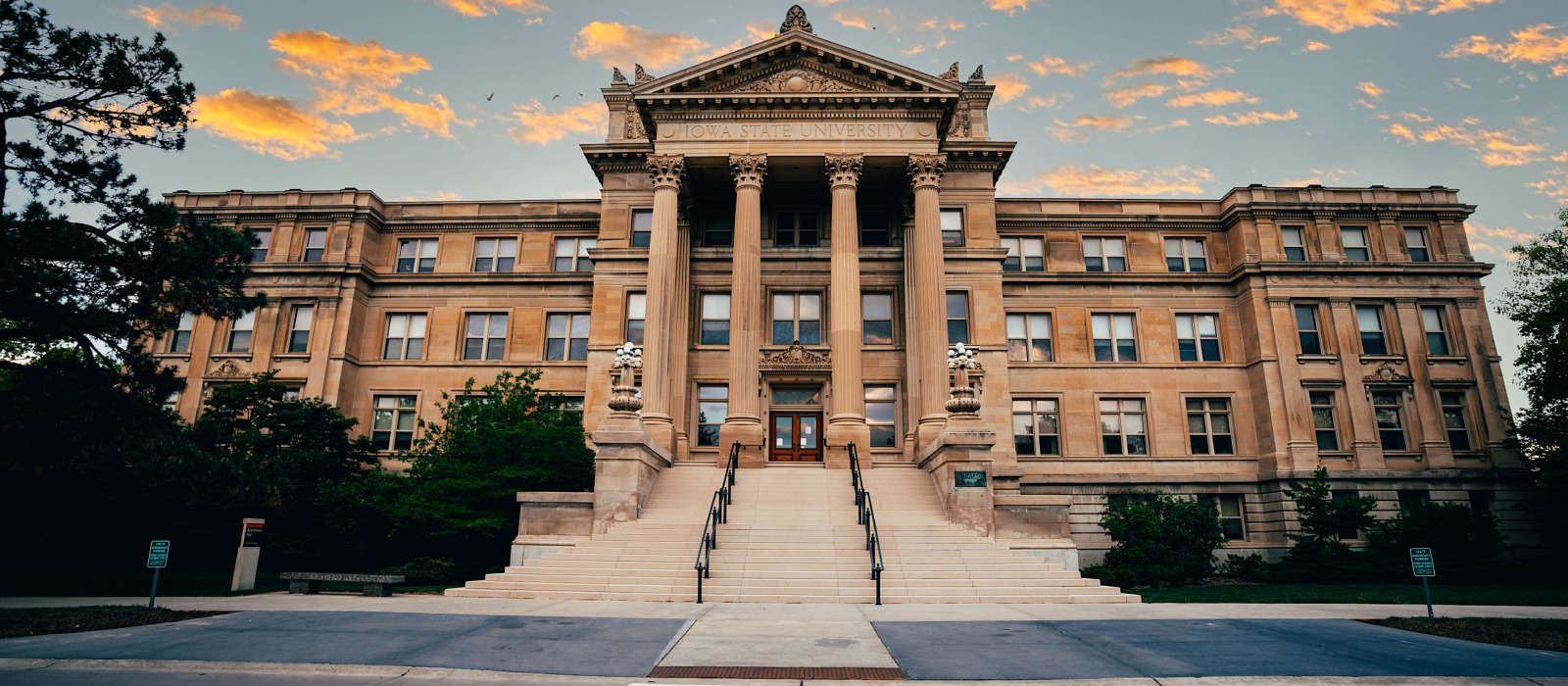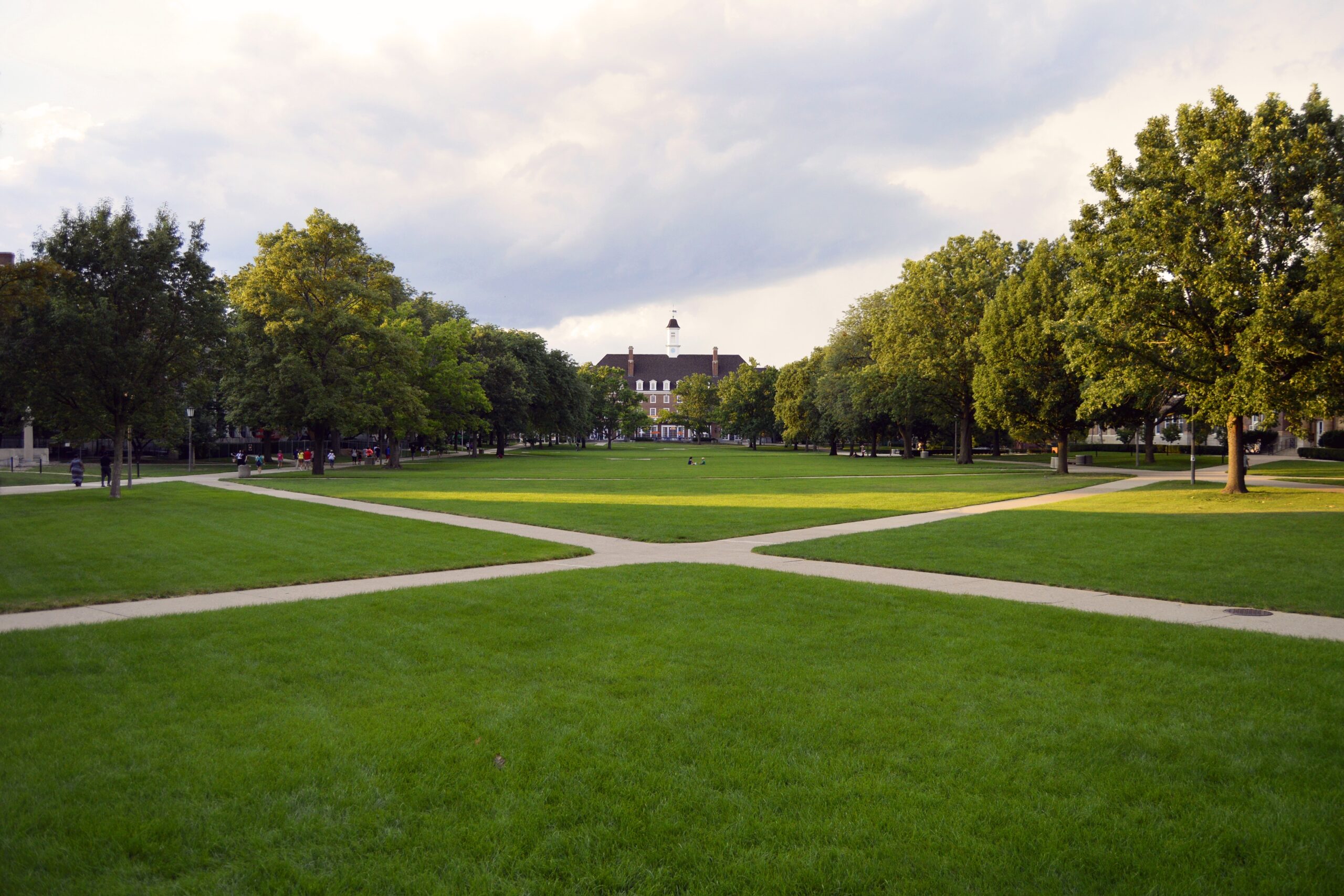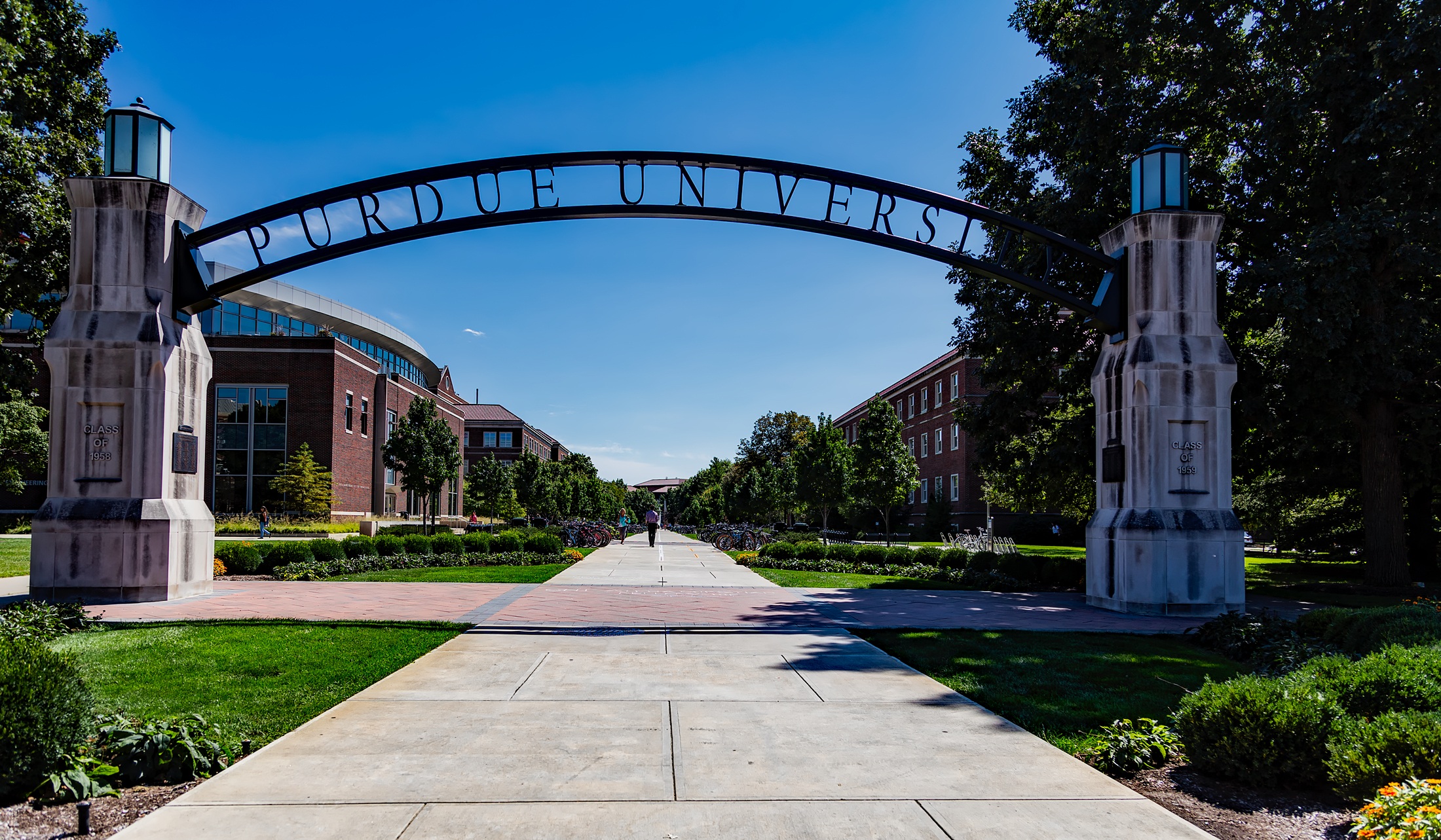
Higher Education
We work directly with institutions and A/E design teams to build the campuses of the future.
CCS has completed over 1,200 higher education projects nationally and internationally, spanning infrastructure and landscaping, new residential housing, lab facilities, medical training facilities, power plants, sporting facilities and arenas, parking structures, and associated systems.
We have teamed with facilities departments within higher learning institutions on their master plans and capital improvements, encompassing new student unions and sports complexes, laboratory buildings and campus infrastructure. We support the institutions’ in-house teams with technical expertise and functions while assembling the right team for design and construction. We’re experts in validating the design and budget forecasting. We help universities get the most out of their investment dollars while ensuring projects stay on track to be operational on day one. Over the course of this work, CCS keeps stakeholders and the public informed to demonstrate both ongoing and long-term value.
Highlights
-
Over 1,200 higher education projects of all types and sizes nationwide are worth in excess of $30 billion
-
Various Owner's Representation projects ranging from $2 million to $80 million in construction value
Our process
CCS is committed to staying current on all the developments and dialogues that are affecting the higher education sector. This is critical so that we raise any issues that may affect a project’s design or cost in a timely manner so that both the Owner & Architect/Engineering teams are able to effectively respond.
Higher Education sector background & challenges

-
Many higher education institutions are embracing technologically driven change and remote learning more dramatically and much earlier than many anticipated. With remote technology and lower-cost community colleges in the mix, colleges and universities are promoting greater value for their classroom and campus experience. For many, the answer has been to invest in the culture of learning. This can mean building new facilities that combine uses from libraries that are student centers to science buildings with communal spaces. The concept is to bring students and faculty together informally to stimulate collaboration and make the on-campus experience essential.
Alongside these culture-enhancing spaces, institutions are transitioning from lecture halls to team-based and collaborative learning spaces that are flexible and technology-enabled to allow for various sizes of teams. Institutions are also providing for social distancing, meaning additional classroom space, touchless operations and robust ventilation, as well as additional security features in campus buildings.
Wellness and sustainability are driving new building designs and upgrades, with many schools pledging to reduce their carbon footprint across the board. They are incorporating even more natural light and ventilation in learning and living spaces. They are also instituting more efficient heating and cooling, lighting, even the use of renewables that can reduce their operational budgets.
Many higher education institutions are embracing technologically driven change and remote learning more dramatically and much earlier than many anticipated. With remote technology and lower-cost community colleges in the mix, colleges and universities are promoting greater value for their classroom and campus experience. For many, the answer has been to invest in the culture of learning. This can mean building new facilities that combine uses from libraries that are student centers to science buildings with communal spaces. The concept is to bring students and faculty together informally to stimulate collaboration and make the on-campus experience essential.
Alongside these culture-enhancing spaces, institutions are transitioning from lecture halls to team-based and collaborative learning spaces that are flexible and technology-enabled to allow for various sizes of teams. Institutions are also providing for social distancing, meaning additional classroom space, touchless operations and robust ventilation, as well as additional security features in campus buildings.
Wellness and sustainability are driving new building designs and upgrades, with many schools pledging to reduce their carbon footprint across the board. They are incorporating even more natural light and ventilation in learning and living spaces. They are also instituting more efficient heating and cooling, lighting, even the use of renewables that can reduce their operational budgets.


